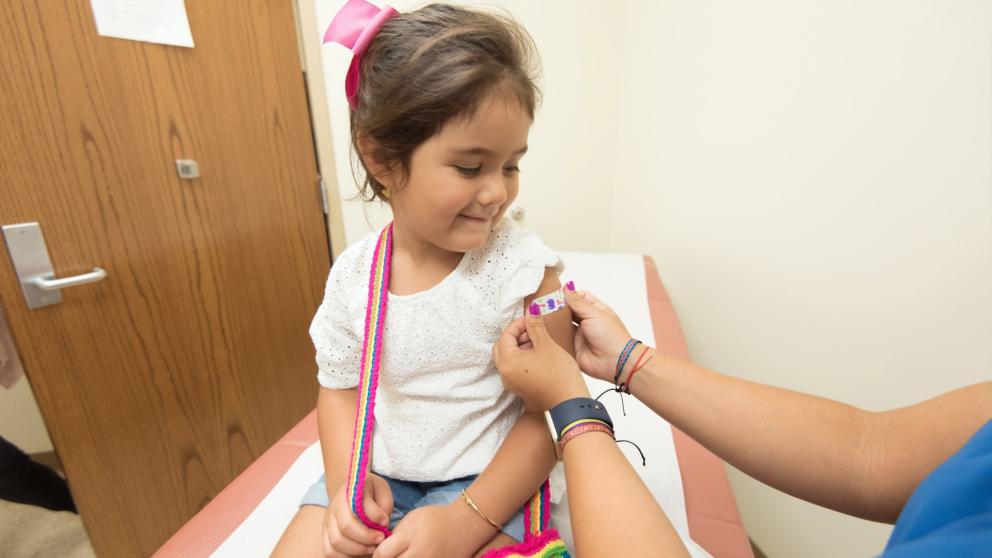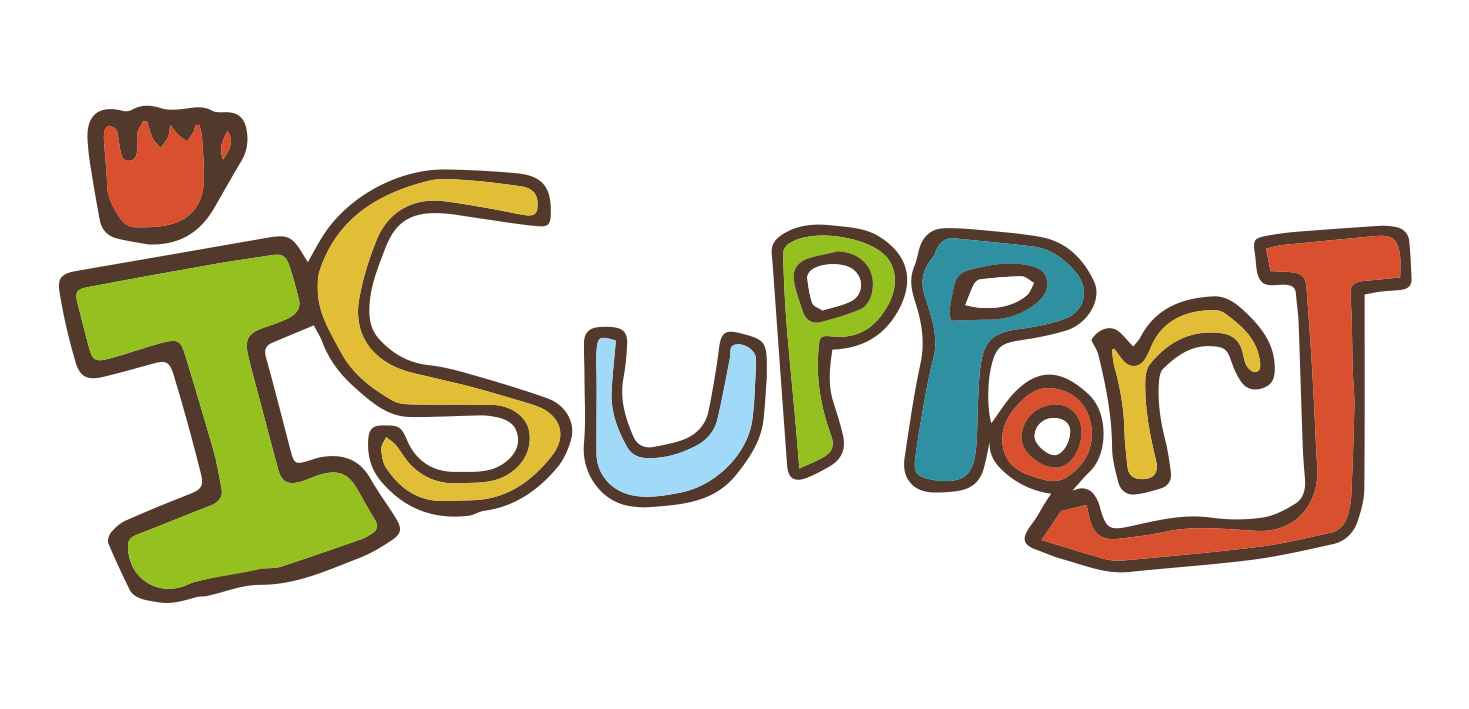Salford Professor joins international team of experts calling for new children's rights-based standards

Children and young people around the world are at risk of having poor experiences of procedures such as X-rays and blood tests if their rights and best interests are not prioritised, according to an international team of experts who are calling for new rights-based standards to promote children’s wellbeing during tests and investigations.
The standards call for a re-think of the use of restraining holds to complete a procedure if it is not an emergency. Such holds, against a child’s will, have been criticised by health professionals and highlight in evidence for the harmful and long-term impact they can have on an individual’s psychological wellbeing.
In a bid to address the issue, child health experts from around the globe have joined together to propose new standards of care to support all children aged 0 to 18 who are undergoing a clinical procedure.
Collaboration and consultation
The University of Salford is collaborating with iSupport, a group led by Edge Hill University, to launch a consultation on the rights-based standards designed to ensure the short and long-term physical, emotional and psychological wellbeing needs of a child are of central importance in any practice and decision making.
“I experienced many badly handled procedures as a child and now as an adult the trauma still affects many of my life choices. I want to prevent other children from experiencing what I did and having difficulties with future procedures. The psychological wellbeing of a child before, during and after a procedure needs to be protected. The standards will hopefully help do that and will avoid the unnecessary restraining of children for procedures”, said 20 year old Katie, who underwent multiple procedures throughout her childhood.
New standards to support children's rights
The new standards are based on internationally agreed children’s rights set out by the United Nations Convention on the Rights of the Child (UNCRC, 1989). They aim to support children and young people during clinical procedures to reduce harm and establish trust with health professionals.
Jack, aged 13 years old, lives in the UK and has experience of a procedure within an emergency department. He said, “I didn’t really know what was happening, it all felt so quick and rushed. It felt like the doctors and nurses were not really talking to me but around me and I was so scared and anxious. They were explaining things to me, but I was too anxious to really listen, I couldn’t focus on their voices as I didn’t want to hear what they were saying. Then I remember being held, I cannot really remember by who, but I did not like it and then it was done. It just felt so scary.”
Lucy Bray, Professor of Child Health Literacy at Edge Hill, is leading the project. She said: “The standards have been developed through ongoing and extensive consultation within the international collaborative group and with established youth and parent forums. We have also gained wider feedback and input through a previous online survey. We know that many children receive high standards of child-centred care when they have a procedure, but we also know that we can do better and by working collaboratively with our colleagues around the world, we want to effect real change”.
iSupport Worldwide
The iSupport group is made up of over 50 members from around the world including the UK, Ireland, Jordan, Indonesia, Cambodia, South Africa, Sweden, Australia, New Zealand, Brazil, Canada, USA, Spain, Netherlands, Malawi and Korea.
Professor Andrew Rowland, Honorary Professor (Children’s Rights, Law, and Advocacy) in the School of Health and Society at the University of Salford is collaborating with the Edge Hill team.
He said: “We are delighted to be able to collaborate in this exciting and important initiative which will promote and enhance children’s rights. The short and long-term physical, emotional and psychological wellbeing needs of a child are of central importance when considering decisions that affect them in health and social care.
"The iSupport work has the real potential to make a positive difference to children and young people around the globe. The consultation is open to children and young people; health and social care workers; parents, carers, or adult family members; and other adult professionals, for example teachers and charity workers. I’d strongly encourage anyone interested in child health and wellbeing or children’s rights to respond to the consultation.
"Thank you for your support and help!”.
The formal consultation period for the new standards is open until July 2022.

For all press office enquiries please email communications@salford.ac.uk.
Share:
